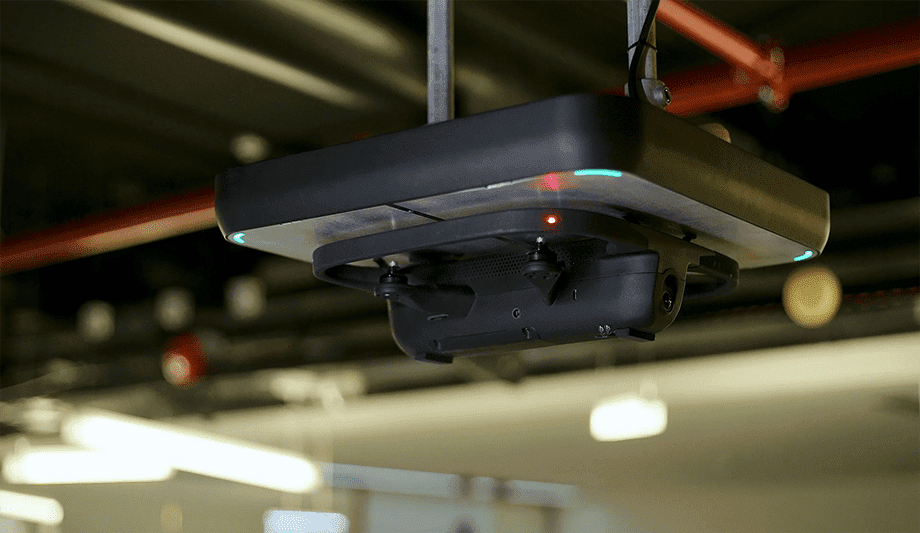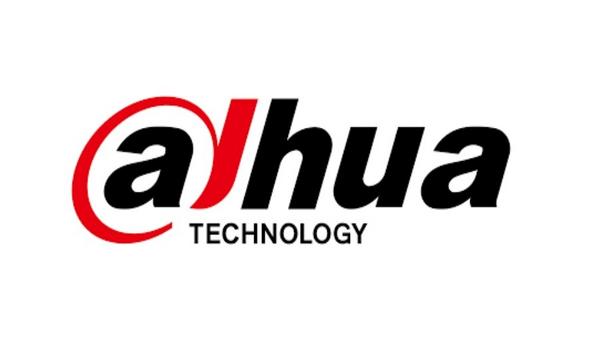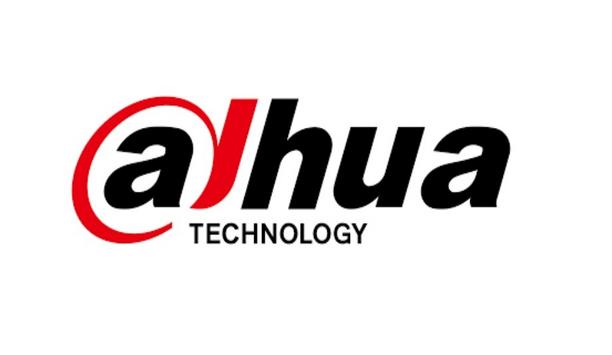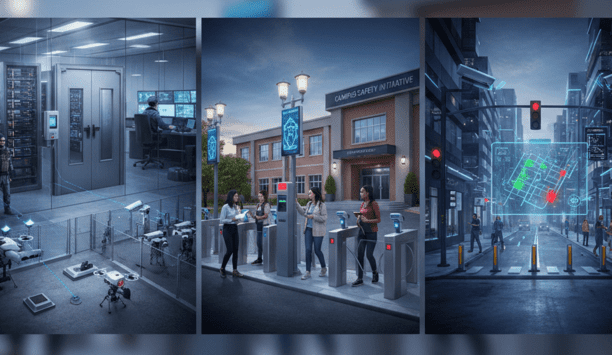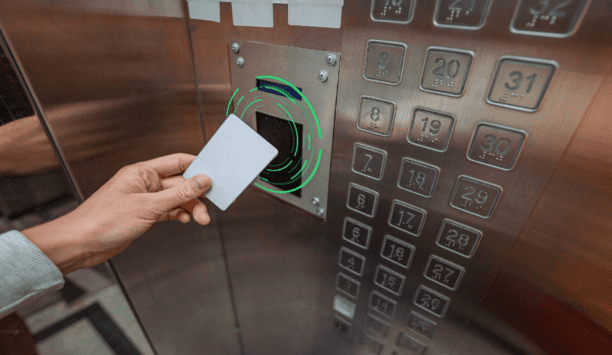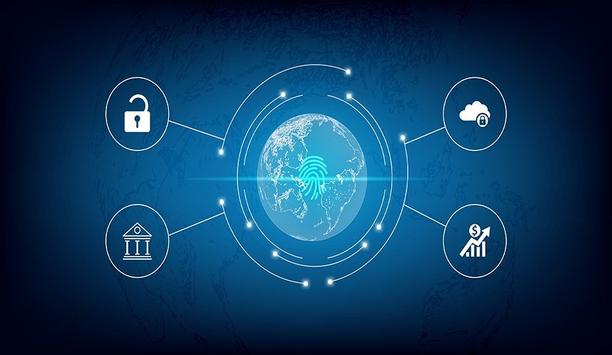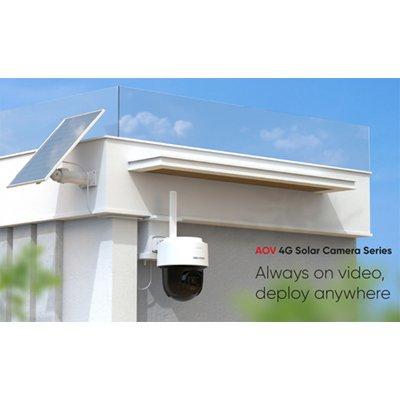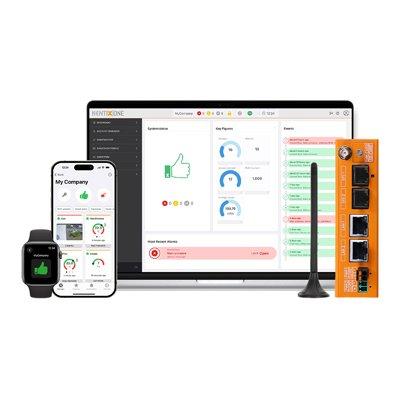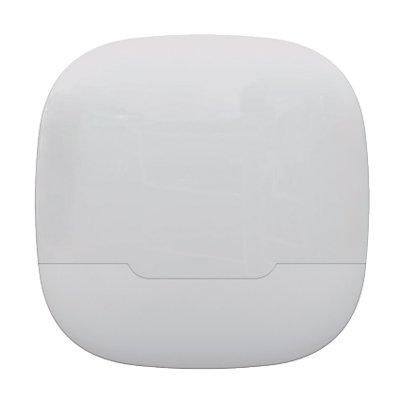There’s a new security paradigm emerging across malls, server farms, smart office buildings, and warehouses, and its advantage over the status quo are so broad they are impossible to ignore. Instead of a lecture, let’s start with a short narrative scenario to illustrate my point.
Darryl's work
Darryl works as a security guard at the Eastwood Mall. Like any typical evening, tonight’s shift begins at 9:30 PM, as the stores close and the crowds thin. His first task: Ensure that by 10 pm, all mall visitors have actually left and that all doors, windows, and docks are locked securely.
As he walks through most major areas throughout the mall, he checks them off his list. All’s quiet, so after a 45-minute patrol, he stops for a quick coffee break before heading out again. He repeats the process throughout the night, happy to finish each round’s checklist and rest his feet for a few minutes.
Challenge: Vandalism during the shift
A few cameras located sporadically throughout the mall recorded two dark figures moving in and out of the shadows
As usual, there’s nothing notable to report, he clocks out and heads home. The next morning, however, he's greeted by an angry mall manager. He learns that sometime during his shift, three stores were robbed and a back hallway vandalised. A few closed-circuit cameras located sporadically throughout the mall recorded two dark figures moving in and out of the shadows at about 4 am.
The mall manager demands an explanation, and Daryl has none, “They must have been hiding during closing time and then waited for me to pass before acting,” he says. “I can only be in one place at one time. And if they were hiding in a dark hallway, I would never have seen them.”
Theft explanation
“Actually,” explains the manager, “we found a loading door ajar near the furniture store. We’re guessing that’s how they got in, but we can’t be sure. Do you check all the docks? We need to know if we need to replace a lock. Look at your logs - tell me exactly what you saw and when.”
Daryl tries to recall. “I'm pretty sure I checked that one a couple of times. I checked it off my list.” Darrell decides not to mention that at 4:00 AM, he was feeling the night's fatigue and might have skipped that area a couple of times. That's the end of our tale. Poor Daryl is not a bad security guard, but he’s only human. His job is repetitive and unstimulating.
Darryl's work log
He checks off each location for the record, but there's no way for him to record the thousands of details
Let’s discuss his hourly log. He checks off each location for the record, but there's no way for him to record the thousands of details he sees to later zoom in on the few observations that might be helpful for an investigation. He has walked by that loading dock door hundreds of times, and it's all a blur.
This isn’t an unusual story; Darryl is doing the same job that humans have been doing in almost precisely the same way for millennia. And, like last night, the criminals have always found a way to avoid them. But there is a better way.
Solution: Fully-automated indoor drone
Replacing a human guard with a fully-automated indoor drone eliminates virtually all the problems we've identified in this story as it flies through the facility:
Drone teams can work 24/7:
While each drone needs to dock to recharge its battery periodically, a fleet working in concert can patrol around the clock in multiple areas simultaneously.
This makes it much more difficult for an intruder to move freely, without risk of discovery. A drone can even keep an eye out and keep recording while docked.
Drones see and log everything:
Everything is recorded and stored in full detail as they compare what they see with what they expect to see
High-resolution onboard cameras and ultrasensitive sensors can detect heat, movement, and moisture, and see into dark areas much more effectively than the human eye. As they aren't limited to the floor, they can also fly high in the air to look above obstacles and at high windows or warehouse shelves.
And they don’t lose focus or get bored as the night drags on: Everything is recorded and stored in full detail as they compare what they see with what they expect to see based on a previous flight. Anything unusual triggers an alert.
Drones don’t need vacations, snack/bathroom breaks, or new-recruit training:
Without the need to deal with biological requirements, you aren't paying for non-work hours, and there’s no overtime for extra hours or holiday shifts. In a high-turnover business like security, there's no time spent training new employees; adding drones to your fleet simply means installing your existing procedures onto each.
There is certainly room for judgment calls that require human intervention, but these can often be handled remotely using a control panel that provides all relevant data and alerts from the drones on duty. That means no scrambling to the office in the middle of the night for a false alarm.
Drones outshine stationary cameras and the people staring at those screens:
A guard in the security office staring at dozens of these screens usually loses their attention span throughout the shift
Close-circuit cameras are expensive to install, maintain, and periodically replace. In addition, they are limited in their scope and, almost by definition, leave large blind spots.
A guard in the security office staring at dozens of these screens (that generally show nothing notable) usually loses their attention span throughout the shift.
Conclusion
In short, there is a good reason that our industry is following close on the heels of the manufacturing industry, which has been eagerly adopting robotics as a more cost-effective and precise solution for years.
It is simply becoming harder and harder to justify the expense of the traditionally error-prone and monotonous work that we ask of our security guards.
From facial recognition to LiDAR, explore the innovations redefining gaming surveillance

